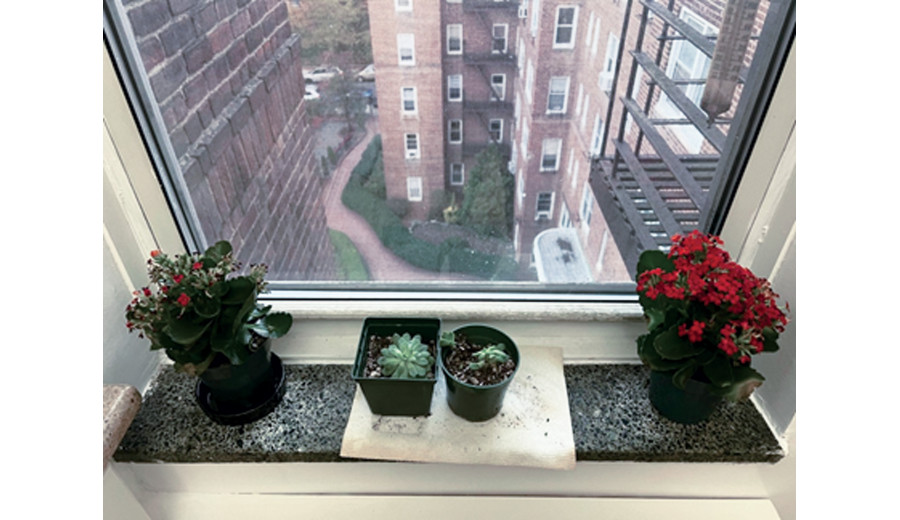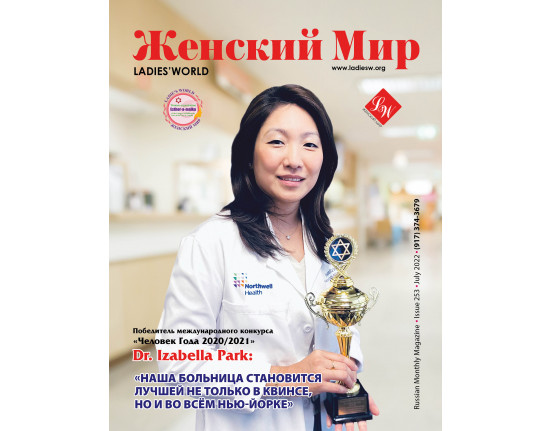We often underestimate
the power of words, yet they hold the ability to create, transform, and even
heal. Scientific experiments and real-life observations continue to show that
the way we speak – whether with love or negativity – has a tangible effect on
the world around us.
One of my students, Olivia Rafaelov, 6 grader, have recently conducted an experiment for school. This experiment offered a striking visual example of this phenomenon. Two identical red plants and two identical cactuses were exposed to different verbal treatment. One set of plants was spoken to with kindness, encouragement, and love, while the other received only negative words. Over time, a visible difference emerged – the plants that received positive affirmations appeared healthier and more vibrant, whereas the ones exposed to negativity showed signs of decay and poor growth.
This aligns with the famous research of Dr. Masaru Emoto, a
Japanese scientist who studied the impact of words and emotions on water. In
his experiments, he exposed water molecules to different words, music, and
intentions. When frozen, the water that had been spoken to with positive words
formed beautiful, symmetrical crystals, while the water exposed to negativity
created disorganized, chaotic patterns. Since the human body is made up of
about 60% water, this research suggests that the words we hear and speak can
directly affect our well-being.
Words Shape Our Minds and Bodies
The way we speak to ourselves and others influences our
emotions, mental health, and even physical health. Studies in neuroscience show
that negative words activate stress responses in the brain, increasing levels
of cortisol, the stress hormone. Conversely, positive words activate the
brain’s reward centers, releasing dopamine and serotonin, which contribute to
happiness and emotional resilience.
For example, consider two children growing up in different
environments:
Child A is constantly told, “You are smart,
strong, and capable.”
Child B hears, “You’ll never succeed,” or
“You’re not good enough.”
Over time, Child A builds confidence and self-belief, while
Child B may struggle with self-doubt and anxiety. This illustrates how verbal
conditioning shapes our self-perception and reality.
The Impact of Words on Healing and Growth
Not only do words affect mental and emotional health, but they
also influence physical healing. A study published in The
Journal of Positive Psychology found that patients
who engaged in positive self-talk and received encouraging words from doctors
recovered faster from illnesses compared to those who experienced medical
environments filled with stress and negativity.
Even in relationships, words hold power. Couples who practice
positive communication – expressing gratitude and appreciation – tend to have
stronger, longer-lasting bonds than those who engage in constant criticism.
A Call to Mindful Speech
The experiment with the plants and cactuses serves as a powerful
metaphor: If words can impact plants, which have no emotions, imagine the
effect they have on people.
We can all take steps to become more mindful of the words we
use:
With Ourselves: Replace self-criticism
with affirmations. Instead of “I can’t do this,” try “I am capable and
learning.”
With Others: Speak words of encouragement, even in
difficult moments. A simple “I appreciate you” can brighten someone’s day.
With Children: Praise effort and
character, reinforcing resilience and confidence.
Let’s choose our words carefully, knowing they have the power to build or break, heal or harm. Because in the end, what we say doesn’t just disappear – it shapes the world around us.
(Photo are courtesy of Julia Shalom,
whose daughter conducted this eye-opening experiment.)




















